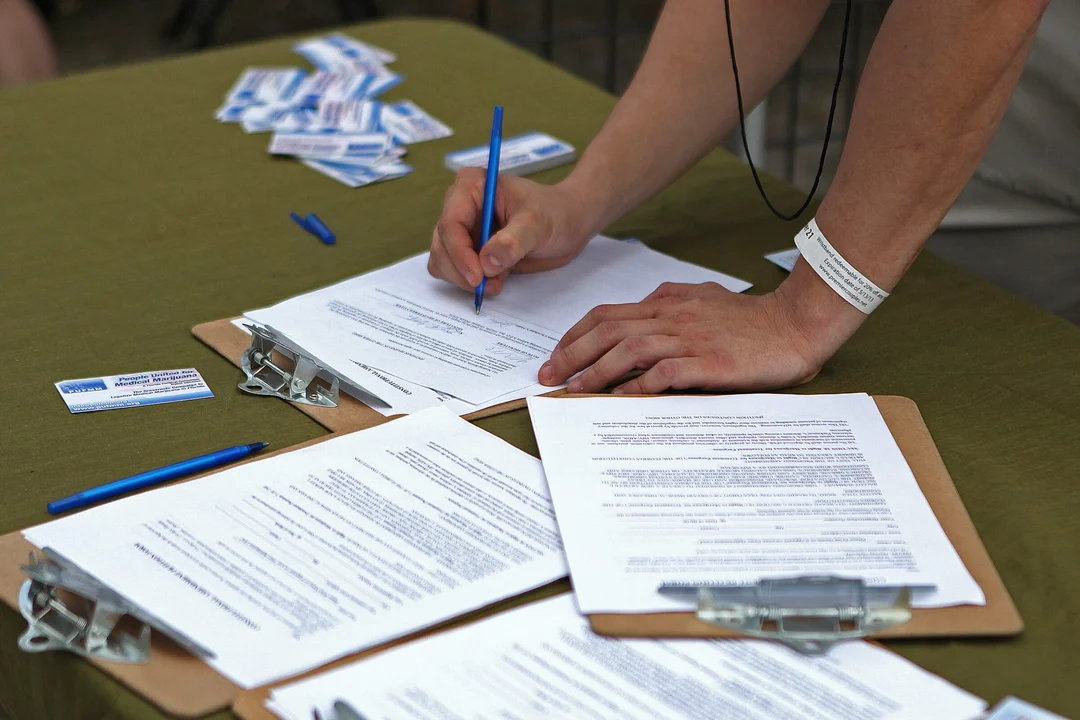
Florida’s Ballot Battles: Is Democracy Being Undermined?
In a move sparking widespread debate, Florida has introduced stringent new rules on citizen-led ballot initiatives, raising questions about the future of voter-driven change. With activists fighting back in court, this clash highlights tensions between state power and public rights, potentially reshaping how everyday Floridians influence policy.
The controversy centers on House Bill 1205, signed by Governor Ron DeSantis on May 2, 2025. This law imposes tough restrictions on gathering signatures for ballot measures, including felony penalties for unregistered canvassers who collect more than 25 signatures from non-family members. It also shortens the submission window from 30 to 10 days and requires detailed personal information from signers. Critics argue these changes unfairly target progressive causes like recreational marijuana and abortion rights expansions, which narrowly failed in 2024 despite majority support.
Groups such as Smart & Safe Florida and Florida Decides Healthcare are at the forefront of the resistance. Smart & Safe Florida, pushing for a 2026 recreational marijuana amendment, has already amassed over 218,000 valid signatures but claims the law disrupts their efforts. In court documents, their lawyers described it as "draconian restrictions" that "change the law at halftime," infringing on First Amendment rights. Similarly, Florida Decides Healthcare, aiming to expand Medicaid, filed a lawsuit alleging the bill violates free speech and constitutional guarantees for citizen initiatives. As Chief U.S. District Judge Mark Walker allowed them to join the case, voices like Holly Bullard, the group's co-chair, decried it as an attempt at "control" rather than transparency.

This isn't isolated to Florida; Arkansas has enacted similar measures, reflecting a broader trend where Republican-led states tighten rules post-Roe v. Wade. In Florida, Governor DeSantis justifies the law as a "combat against petition fraud," citing a state report on irregularities in 2024 campaigns. However, investigations by outlets like NBC have questioned the report's accuracy, revealing methodological flaws. Critics, including League of Women Voters co-president Cecile Scoon, warn that such regulations could chill participation, turning community events into "potential liabilities" and deterring volunteers fearful of criminal charges.
Comparatively, these changes echo tactics in other states like North Dakota, where the approval threshold for initiatives was raised to 60 percent. In Florida's case, the law's ambiguity—such as bans on sponsoring multiple amendments—adds to the confusion, potentially weaponizing election enforcement against grassroots efforts. As voting rights advocate Brad Ashwell noted, "It’s very ominous," with provisions that could trigger investigations for minor errors, further eroding trust in the process.
Ultimately, this battle underscores a critical question: Are these reforms protecting integrity or stifling democracy? If upheld, they could set a precedent for more states, making it harder for citizens to bypass legislatures on key issues like healthcare and cannabis.
In summary, Florida's new law not only threatens ongoing campaigns but also sparks a national conversation on voter empowerment. What do you think—should states make it easier or harder for citizens to drive change? Share your views in the comments and help us explore this pivotal issue.